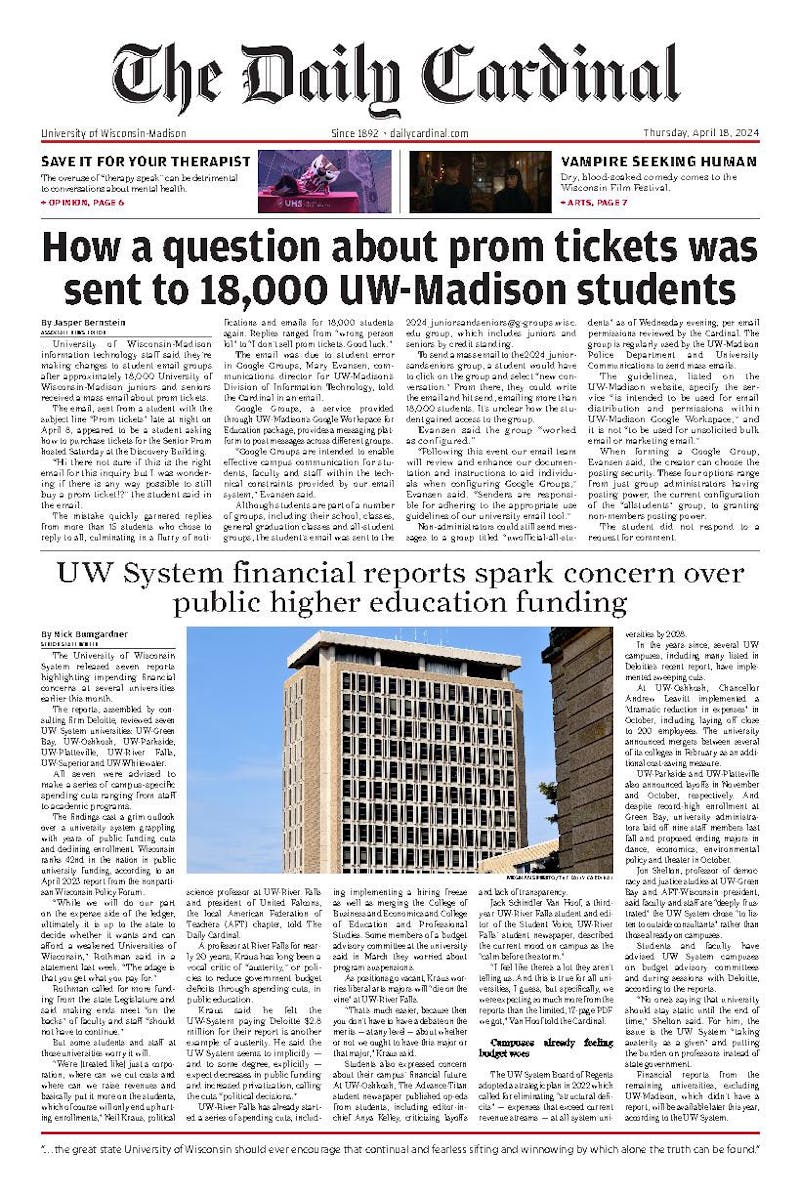The death of Hugo Chávez, Venezuela’s polarizing president, has set off a predictable reaction of hyperbole and exaggeration in the U.S. media, with members of the press and political punditry competing to provide the most extreme and inaccurate characterization of his time in office. In death, as in life, discussions of Chávez rarely adhere to the factual standards ostensibly required by the journalistic profession. The collective caricature of Chávez portrays a dictatorial mad-man, squandering away the country’s vast oil reserves and impoverishing the masses, who repeatedly vote for him out of sheer ignorance.
Far from a dictatorship, Venezuela under Chávez has become the most democratic country in Latin America, according to Greg Grandin, an expert on the region and professor of history at New York University. Former president Jimmy Carter, who won the Nobel Prize thanks to the work of the Carter Center, his election-monitoring organization, declared that “of the 92 elections that we’ve monitored, I would say that the election process in Venezuela is the best in the world.” Under this system, Chávez’s party won 13 of 14 national elections held during his tenure, each victory coming by a comfortable margin and with unprecedented levels of voter participation.
This electoral success came on the back of a stark improvement in the country’s economic fundamentals, according to Mark Weisbrot, co-director of the Center for Economic and Policy Research. As a point of comparison, Venezuela’s per capita GDP fell by 14 percent from 1980 to 1998, the year before Chávez assumed office. After Chávez nationalized the state’s oil resources in 2004, in response to a U.S.-approved coup attempt in 2002 and oil strike led by the Venezuelan opposition from December 2002 to February 2003, the country’s per capita GDP has grown by an annual rate of 2.5 percent. Over this same period, poverty levels have decreased by 50 percent, as has the unemployment rate, while extreme poverty has been cut by 70 percent.
Those statistical measures solely reflect the cash income of Venezuelans. The rise in living standards looks all the more impressive when factoring in the millions of people that have gained access to healthcare, the doubling of the number of students enrolled in college, and the tripling of access to public pensions under Chávez. Rather than present this record of democratic and economic progress, most commentators rely on ad hominem attacks, evidence-free assertions, and laughable mischaracterizations in trying to reinforce the common media narrative of Chávez’s rule.
Even ostensibly liberal publications have adopted these shoddy reporting standards in covering Chávez’s death. Esquire’s lead dubbed Chávez, “The Irrelevant Dictator,” while Slate’s contribution, “The Ghost of Hugo Chávez,” predicts that his “economically disastrous” policies “will haunt the country he ruined.” Of course, no pieces of this type bother to provide any of the above information, and often throw in several additional erroneous charges, such as Chávez’s alleged out of control spending, reliance on a bloated public sector to create jobs, and domineering control of the media.
Once again, these claims require only a brief rebuttal. Venezuela has a level of debt equivalent to 51.3 percent of its GDP, in comparison to the 82.5 percent average of countries in the European Union. Public sector employees constitute 18.4 percent of the labor force, while that number rises to above 20 percent in many European countries, including 29 percent in Norway. Finally, state TV in Venezuela captured a mere 5.4 percent of audience share in 2010. Venezuelans have access to a robust and hostile private media and still chose to return him to office and support his initiatives the overwhelming majority of the time.
In the end, Chávez’s popularity among the masses is simple. People supported him not out of ignorance, but because of the tangible material gains made under his rule. Weisbrot aptly summarizes that, “Chávez delivered a lot of his promises. He was the first president to share the country’s oil wealth with a majority of Venezuela’s people.” Keep this in mind amid the hysterical denunciations of this “dictator” from the U.S. press in the wake of Chávez’s death.
Please send feedback to opinion@dailycardinal.com.





